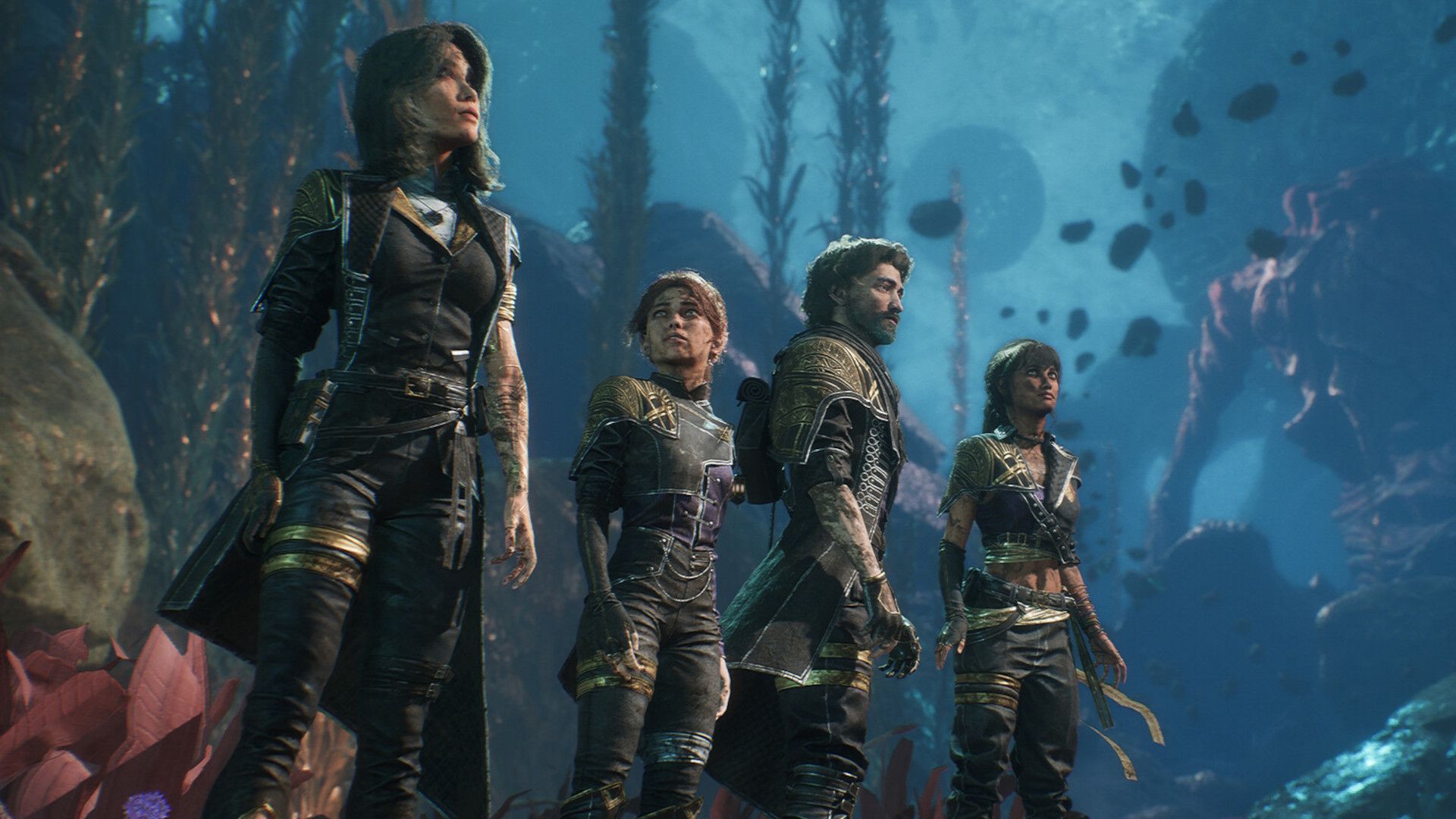/cdn.vox-cdn.com/uploads/chorus_image/image/72412844/jbareham_190916_0906_kickstarter_0002.0.jpg)
Illustration: James Bareham/Polygon
Charlie Hall
is Polygon’s tabletop editor. In 10-plus years as a reporter & professional photographer, he has actually covered simulation, approach, as well as spacefaring games, in addition to public law.
In December 2021 Kickstarter stunned customers when it unilaterally announced that it would certainly shift its system to blockchain technology. What complied with was sharp as well as quick protest from its area, a tiny however substantial exodus of high-profile creators to competing platforms, as well as a $33 million (12.4%) decline in revenue from tabletop projects — a classification that traditionally represents approximately a 3rd of the crowdfunding titan’s revenue from backers. The business has actually because softened its position, validating for Polygon in an e-mail on Thursday that it is “not committed to moving Kickstarter to the blockchain.”
“As we’ve shared with our community in previous blog posts, we’re exploring the opportunities that are in blockchain to alleviate some of the challenges that we face as a centralized crowdfunding company,” stated a Kickstarter spokesperson in a composed declaration to Polygon. “However, we’re not committed to moving Kickstarter to the blockchain or doing anything specific there. We are open to exploration and experimentation but want to do it in a way that feels tested, collaborative with our community and considerate of the experience they want from Kickstarter.”
Thursday’s declaration adheres to a news post on June 22 that brought to a close Kickstarter’s inaugural Community Advisory Council. The council was revealed in March 2022, simply days before to the business’s previous chief executive officer Aziz Hasan revealed he would step down. In the information message, Kickstarter said thanks to the council participants, that were picked from amongst its area of makers to offer a one-year term. It additionally stated that due to their comments the business has actually moved its emphasis from blockchain technology to “the core business and needs of our creative community.”
Here’s a passage from that information message:
The Council regularly shared comments pertaining to just how Kickstarter appears worldwide as well as our strategy to arising modern technologies. Several participants stressed the significance of totally welcoming our setting of management in the crowdfunding area. They urged us to use our impact as an effective pressure in structure depend on as well as increasing recognition for the whole market. This viewpoint has actually substantially added to the growth of an AI plan which looms, understanding that our area depends on us to promote efforts that drive progression throughout the market while additionally sustaining makers. Moreover, the Council’s understandings have actually assisted us reframe our concentrate on the core service as well as offered us with vital viewpoint (cough, challenging comments) on R&D initiatives with method innovation.
Participants in the council originated from all throughout Kickstarter’s area of makers, as well as consisted of Ivan Askwith (movie as well as tv), Annette Azan (style), Ellia Bisker (songs), Stefanie Black (popular culture), Kat Calamia (comics), Jose Cardona (design), Thomas Negovan (posting, art, as well as songs), Tony Patrick (art), Philip Reed (video gaming), George Rohac (advertising), Philomena Schwab (video gaming), as well as Philip Winter (design).
Kickstarter included extra clearness on the council’s effect in its declaration to Polygon on Thursday.
“Where we are focused and deeply committed […] is on our core business and making Kickstarter better,” stated the spokesperson. “This is why we’ve focused on discovering means to offer makers accessibility to the pledge management as well as digital marketing devices they require to be effective throughout as well as after their project duration.
“The creation of the Community Advisory Council was actually born out of the feedback we received about the [blockchain] protocol,” they proceeded. “We saw a need to create another surface for feedback and conversation with our community so that they could be involved in our direction and our decision making — not just about the protocol but about all the topics that are top of mind for us and our community. We hope to continue this dialogue with our second cohort of the council this fall.”
So effective were the council’s process that Kickstarter has actually revealed the formation of a second Community Advisory Council. Applications schedule by July 18, as well as the setting consists of a $5,000 gratuity for every participant.
Source: Polygon


